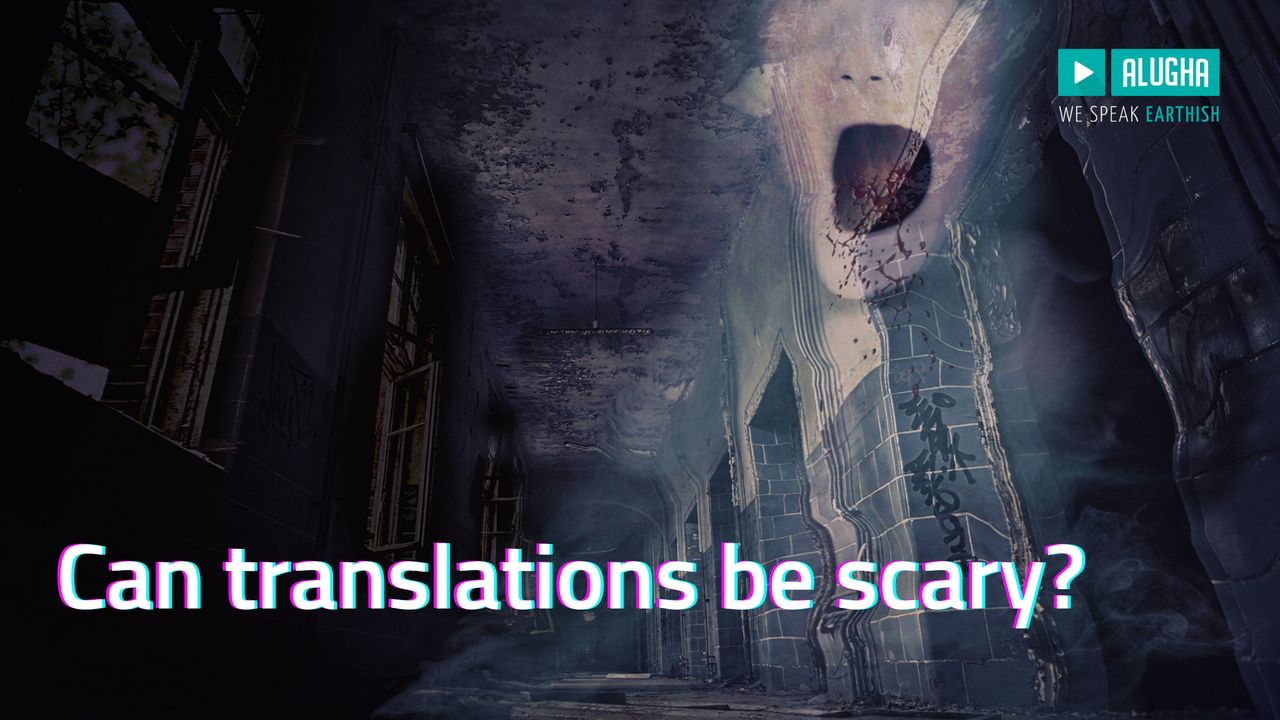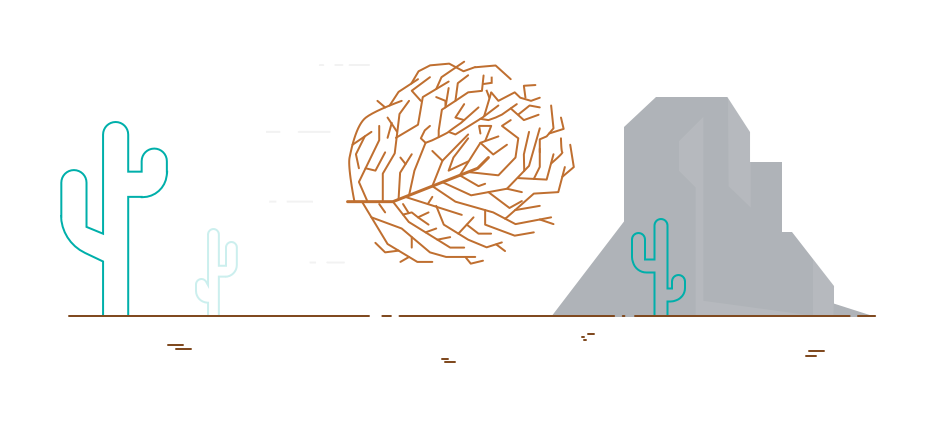alugha goes podcasts
Thanks to alugha, it is now possible to listen to podcasts, to enregister them as well as to trancribe and to multilingualise them
The dream of every translator is surely to translate fiction one day: how about horror literature? Is translation as such scary?

Read this article in: Deutsch, English
Estimated reading time:1minuteHorror is defined as an increased feeling of fear or terror. It is often linked to the perception of something sinister or supernatural. This is what most scary stories work with. They are about vampires, zombies, ghosts or witches. However, this is not always the case. Mental illness and personality disorders are also frequently the subject of horror.
For some people, horror has a fascinating effect and so many people like to consume horror literature or films.
Every now and then we like to say "that's scary/creepy/horror" when something doesn't scare us at all. This may be the case, for example, with bad translations. "That's scary. Every word is wrong," we might read on social media.
In the field of machine translation, however, we had come across a phenomenon in recent years that actually made us shudder. If you played a little with the Google Translator, the automatic translation into English would spit out Bible quotations, sometimes with an end-time reference. This actually had a very mysterious aftertaste, also because it is still not clear why of all things those quotes appear. Many assume that Bible documents are part of the database with which the AI is trained. What do you think?
So far, the alugha AI has not spat out any creepy-looking translations. Since you can correct the AI manually, you can also avoid scary-looking mistakes. That's why we at alugha prefer to recommend that you watch actual horror films. Correctly translated, but with scary content!
Do you love scary films or stories?
#alugha
#wespeakearthish
#multilingual

Thanks to alugha, it is now possible to listen to podcasts, to enregister them as well as to trancribe and to multilingualise them
Podcasts enjoy great popularity. However, you still don't find transcripts for them that often. But why do you actually need a podcast transcript? And how do I create one?
The year 2023 has started and the alugha team wishes you a happy, healthy and successful new year. We also have a tip for you: start your year multilingually!